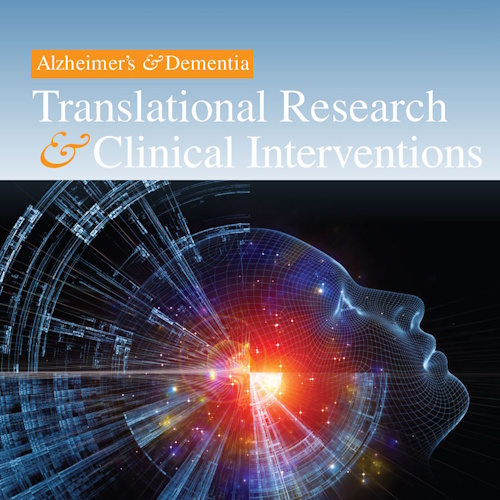Key points from article :
Repetitive negative thinking (RNT) linked to the deposit of harmful proteins in the brain.
And it is associated with Alzheimer's disease (AD), the most common type of dementia.
Risks are associated with long periods of RNT rather than short-term.
Researchers looked at 292 people over the age of 55 over a period of two years.
Memory and attention span, spatial cognition, language, assessed.
Brain scans used to measure the deposits tau and amyloid, proteins linked to AD.
Participants with higher RNT patterns experienced more cognitive decline in 4-year period.
Depression and anxiety were found to be associated with subsequent cognitive decline.
Suggesting RNT could be the main reason why depression and anxiety contribute to AD risk.
Future study to see if reducing RNT by mindfulness training could help lower risk of dementia.
Researchers from University College London, published in Alzheimer's & Dementia.








